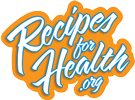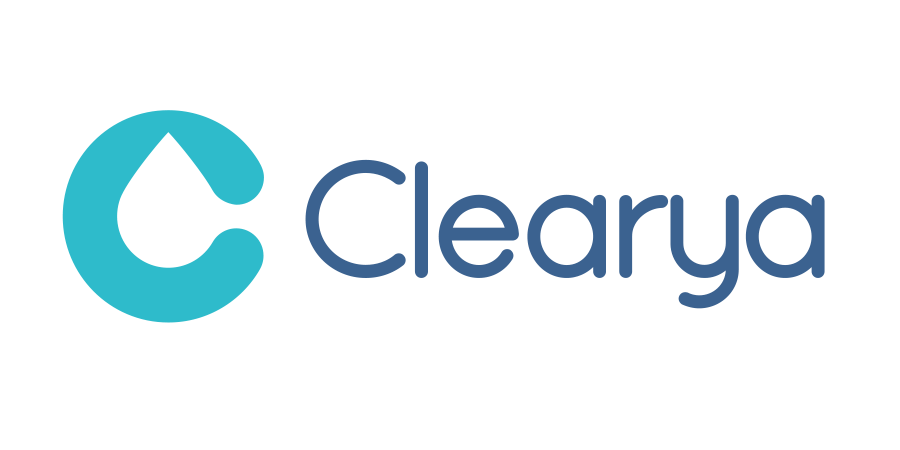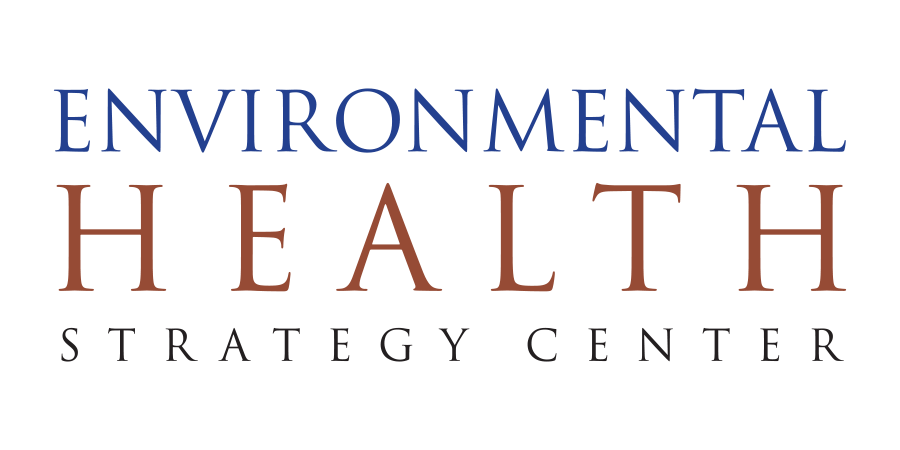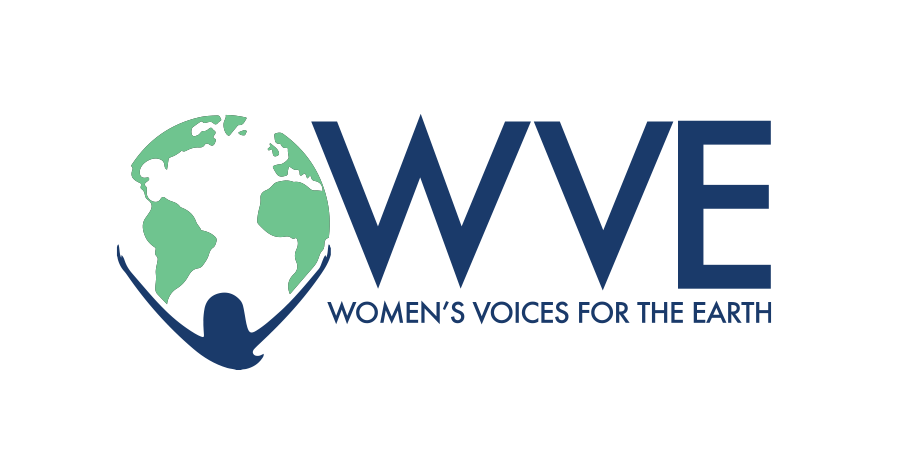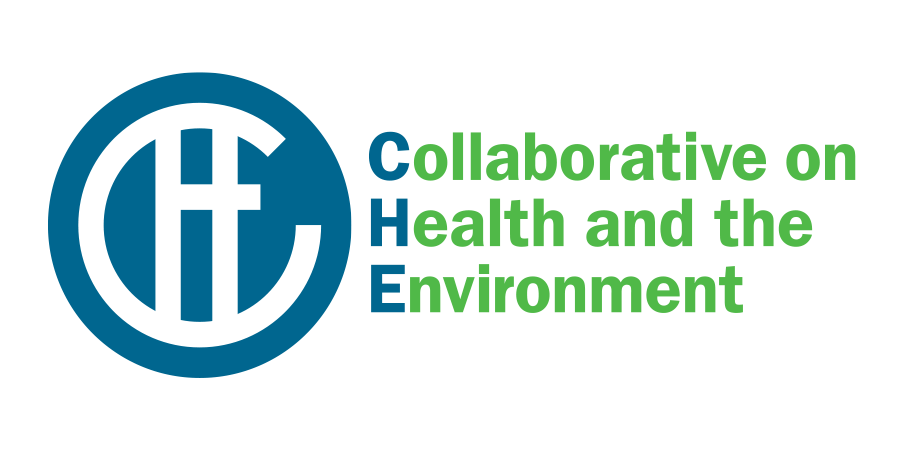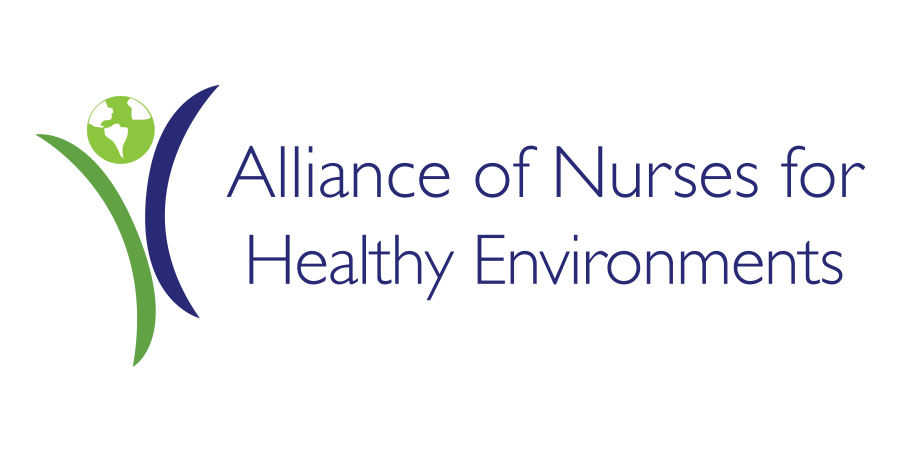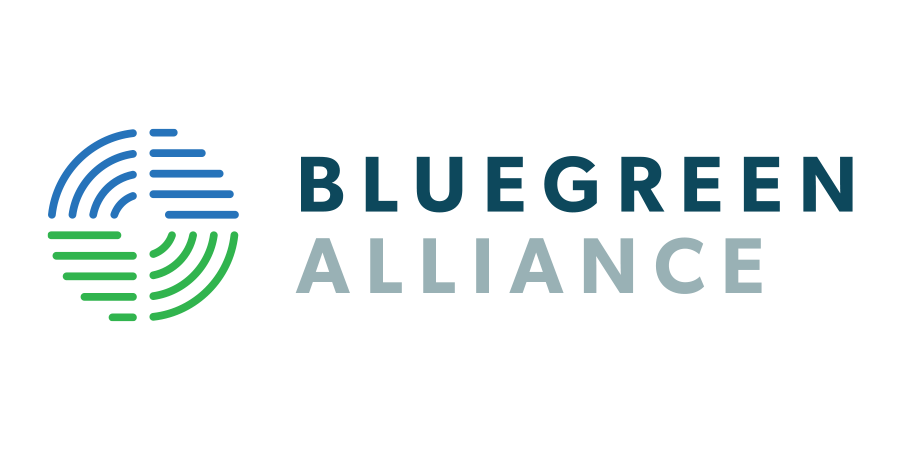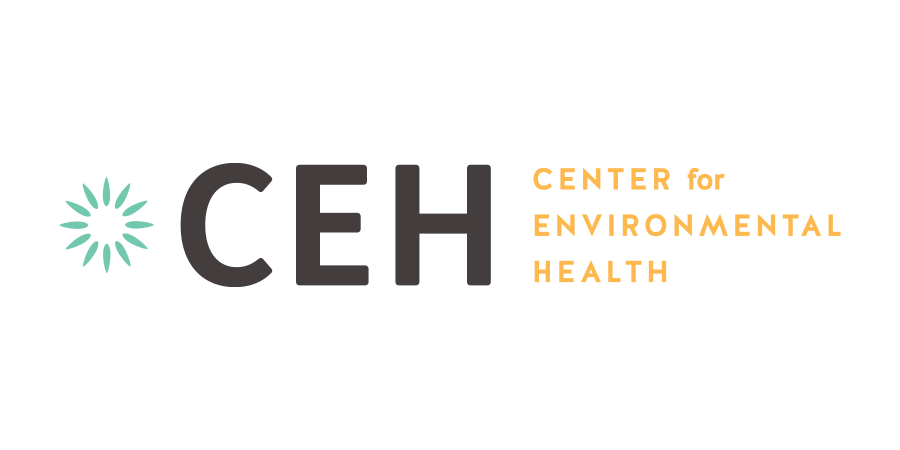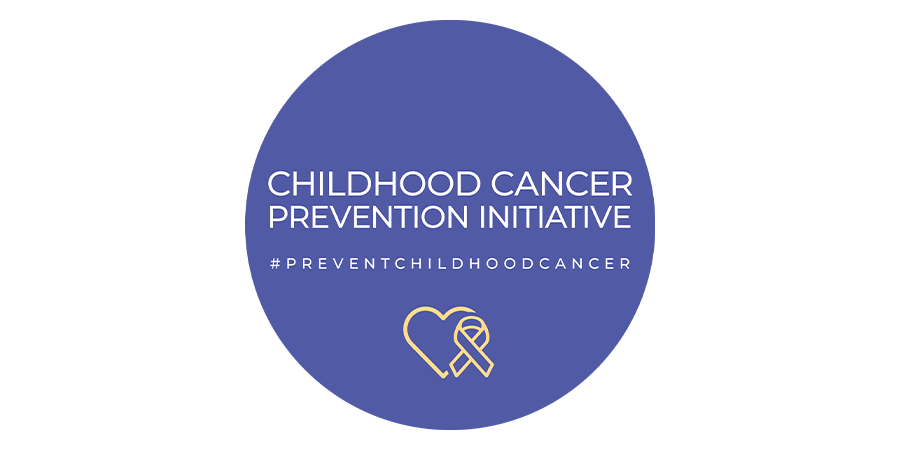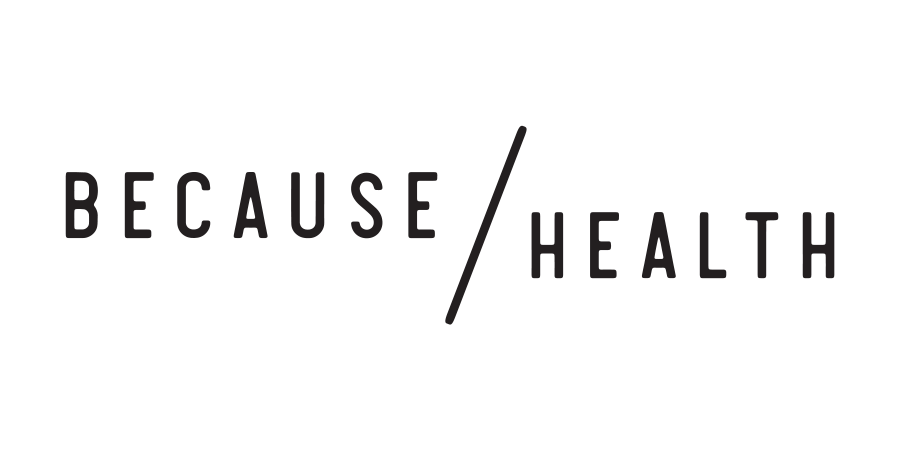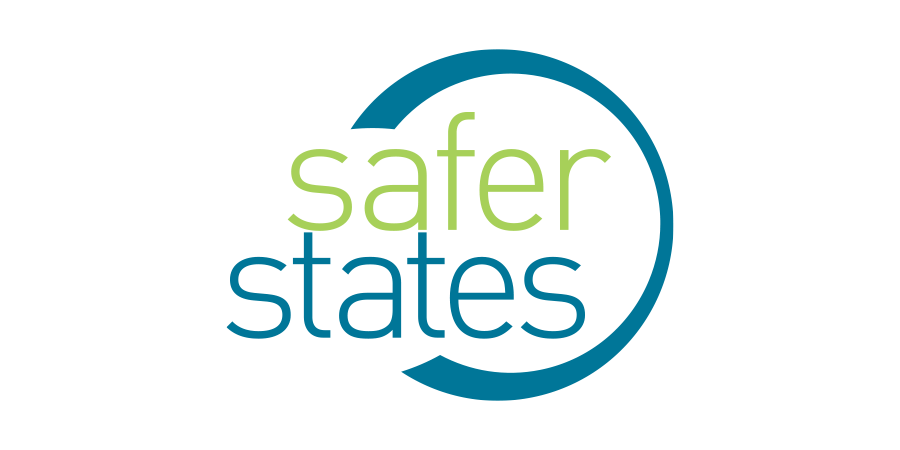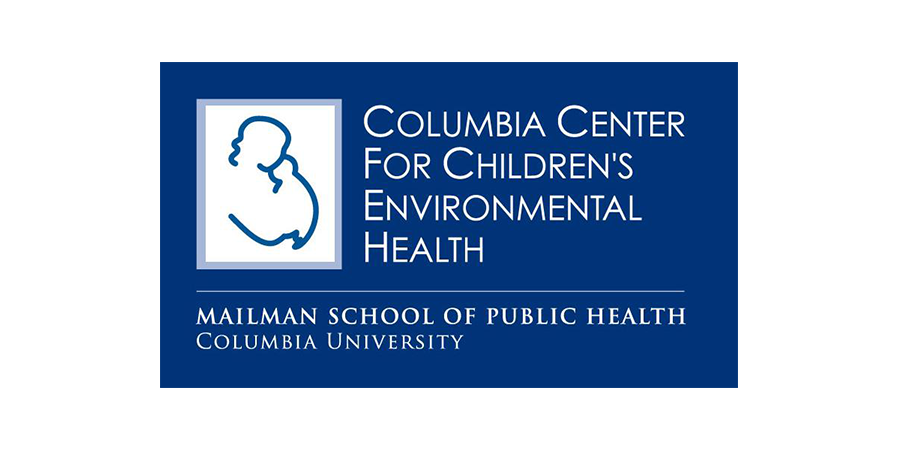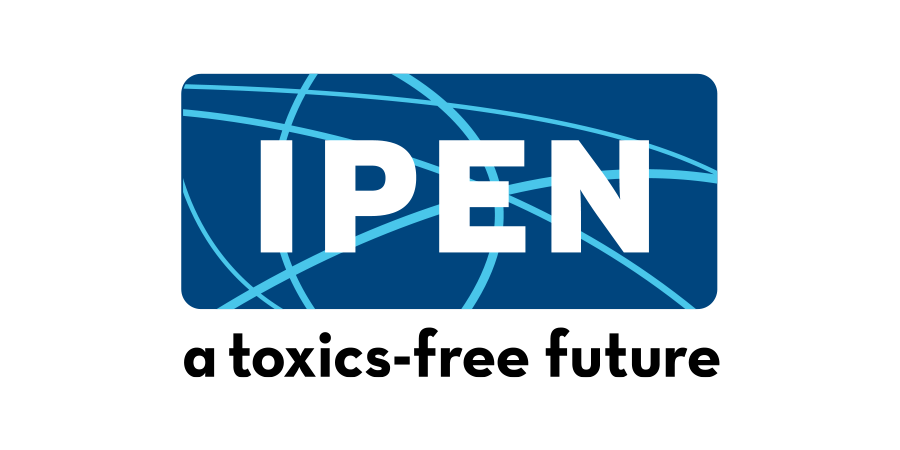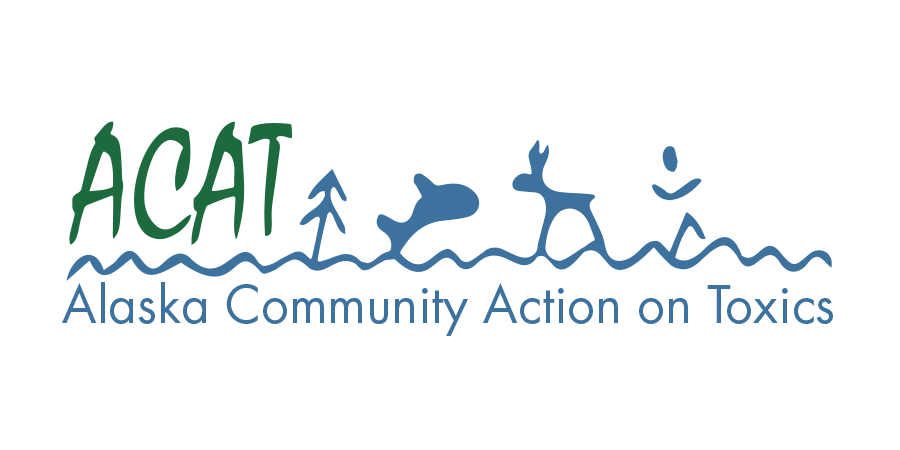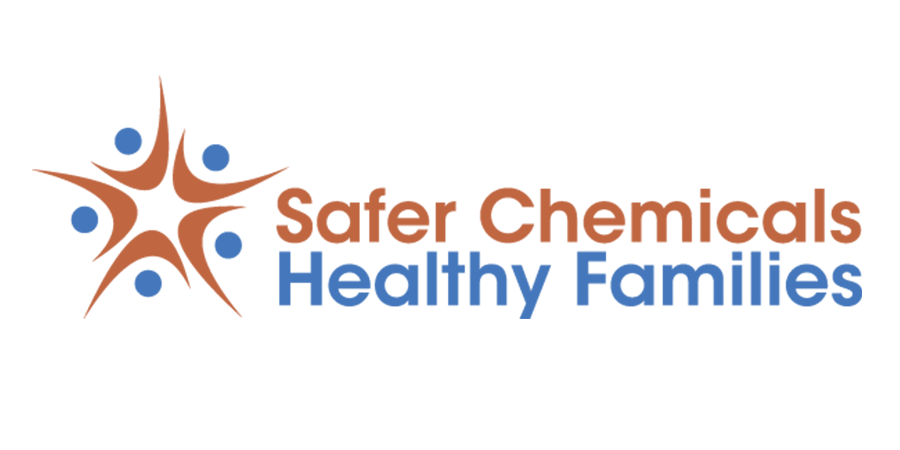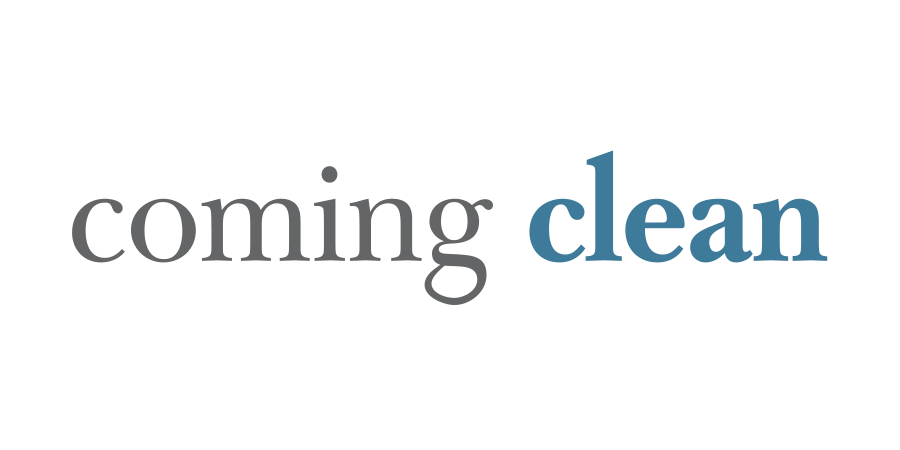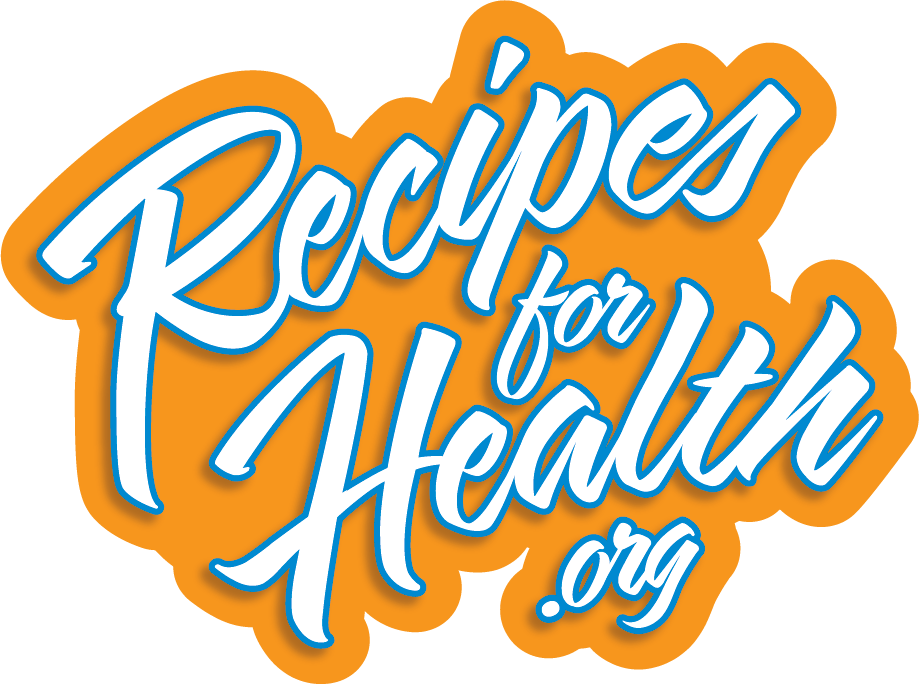

Cleaner AirWaterFoodProducts
AND LEADERS WHO PUT HEALTH FIRST
Imagine… Less Cancer. Fewer children with learning disabilities and asthma. Immune systems that can cope with infections like COVID-19. Imagine making homemade bread, the most basic and traditional of recipes, without worrying about a list of hidden concerns.
Imagine how much healthier we could all be if we had a government that was dedicated to protecting everyone’s health, including protecting all of us from toxic chemicals—drinking water without lead or PFAS, air without particulates pollution, food and products free of BPA, phthalates and flame retardants.
Clean air, water, food and products are human health rights, not an expensive shopping list.
The organizations on the Recipes for Health website are all working for everyone’s right to a healthy environment and safe food and products. On November 3, we need to elect leaders who take these rights – and their responsibility for prioritizing the health of all of us – seriously.
It’s a two-part recipe: grassroots action and the election of women and men who share the vision of a healthier, less toxic future for everyone.
Your support of these organizations and your vote in the November election are both necessary ingredients in the recipe for healthier lives.
Organizations Cooking Up Change
Breast Cancer Prevention Partners works to prevent breast cancer by eliminating our exposure to toxic chemicals linked to the disease. 1 in 8 women in the U.S. will be diagnosed with breast cancer in her lifetime. Most people don’t realize that only 10% of breast cancer cases are due to genetics and that a definitive body of science links the disease to chemicals in our environment. Our recipe for change:
- We start with the scientific evidence linking chemicals to breast cancer and connect the dots to exposures in our everyday lives.
- We educate the public about how to reduce their risk and advocate for laws that create systemic change.
- We change the market by increasing consumer demand for non-toxic products, lifting industry leaders who make safer products and holding industry laggards accountable who don’t.
- We work to enact public health policies that reduce chemical exposures to protect everyone.
Clearya is a browser plug-in and mobile app that helps people reduce exposure to toxic chemicals in everyday products by automatically alerting of unsafe ingredients in everyday products – while shopping on popular retail websites. By informing and empowering people to effortlessly choose safer products, Clearya aims to accelerate a demand-driven health-first market shift.
Beyond serving consumers, Clearya mines insights into the actual use of toxics, which can be leveraged by partner organizations for environmental health research, and data-driven policy and regulation.
The Environmental Health Strategy Center (EHSC) works to create a world where all people are healthy and thriving, with equal access to safe food and drinking water, and products that are toxic-free and climate-friendly. EHSC leads the Toxic Free Food coalition. Two initiatives are particularly beneficial to parents and consumers:
KleanUpKraft: Since a 2017 study uncovered phthalates in the cheese powder of Kraft Mac ‘N Cheese, the Toxic Free Food coalition has called on Kraft to be a market leader and protect pregnant women and kids by eliminating any phthalates in their products. You can sign the petition to tell Kraft Heinz to keep phthalates out of food.
Find the Toxic Bottle Cap Drive: Toxic phthalates are in some bottle cap liners, which are used to form a seal against the bottle rim. These bottle cap liners may leave a toxic residue on the bottle rim. When someone takes a sip from that bottle, they’re drinking that residue—taking a sip of toxic phthalates. Testing is underway to figure out which beverage brands are using toxic bottle caps. Look for the public report to be released later this fall.
Women’s Voices for the Earth (WVE) is a feminist, women-led environmental health organization focused on ‘cleaning up’ the products that are predominantly marketed to women – making them safer for our bodies and planet by holding corporations accountable, passing laws, and providing people with the tools they need to get involved in the environmental health movement. Our recipe for health is rooted in our core values:
People Matter: We build and maintain relationships that collectively make us stronger. We ensure women have the support they need to be effective leaders.
Equity & Power-Sharing: Women and other under-represented people are essential to making change and must be part of making decisions and crafting solutions.
Meaningful Change: We commit to bringing about changes to improve women’s health through relentless investigation and action. We base our work on strong science and a precautionary approach to production and consumption.
Visionary: We challenge traditional ways of thinking and operating – centering women’s rights and power – with courage, optimism, humor, and action.
The Collaborative on Health and the Environment (CHE) cultivates a learning community based on the latest, evidence-based science to share knowledge and resources, and improve individual and collective health.
Their seven-part webinar series “Generation Chemicals: How Environmental Exposures are Affecting Reproductive Health and Development” focuses on reproductive health and the environment. The series will feature top scientists and experts presenting on the impacts of environmental exposures and toxics on reproductive health, pregnancy, and development. It will run from October 2020- Spring 2021.
The Alliance of Nurses for Healthy Environments (ANHE) is the leading nursing organization focusing on the intersection of health and the environment. ANHE works with nurses and nursing organizations around the world to promote healthier environments for all.
ANHE Nurses’ Guide to What the Science Teaches Us about Common Solutions to Climate Change and Family Health Problems: In this new guide learn why nurses are calling on all our policymakers to join us in taking strong action now to address climate change and improve our families’ and community health! There is a clear link between climate change and increased exposure to chemicals of concern. Exposures may increase with rising temperatures and many chemicals are petroleum based with all the climate impacts related to fossil fuel extraction. Addressing climate change can have a significant positive impact by reducing chemical exposures!
Nurses Drawdown: Nurses across the globe are invited to participate in Nurses’ Drawdown. Since the earliest days of professional nursing, nurses have understood that optimal health requires good nutrition, along with food free of toxic chemicals, adequate mobility, a healthy environment and social support. Through commitment to Nursing Drawdown actions, nurses will improve the health of individuals and communities, while also taking steps to heal the planet.
The BlueGreen Alliance (BGA) unites America’s largest labor unions and its most influential environmental organizations to solve today’s environmental challenges in ways that create and maintain quality jobs and build a stronger, fairer economy.
BGA’s recent report Less Exposure And More Protection: What We Can Do Now To Protect More Black And Brown Workers’ Lives, BGA’s Safe Jobs Checklist and ChemHAT.org give workers the information they can use to keep themselves safe.
Clean and Healthy New York is a state-based advocacy organization that changes policy, shifts markets and engages people to promote safe chemicals, a sustainable economy and a healthy world.
Learn more about how transparent cleaning product makers are being about their ingredients, and tips for child care providers to make their settings safer.
The Center for Environmental Health (CEH) protects people from toxic chemicals by working with communities, consumers, workers, government, and the private sector to demand and support business practices that are safe for public health and the environment. Our air, water, food, and consumer products should be free of dangerous and untested chemicals.
To protect the health of all people, we must address the disproportionate health effects of toxic chemicals caused by systemic racism and other social injustices. The movement to eliminate dangerous chemicals must move forward in partnership with Environmental Justice, Reproductive Justice, and other related movements working to address the pressing social justice issues of our day.
To learn more and to get involved, visit us at www.ceh.org.
The Childhood Cancer Prevention Initiative is a collaborative effort to improve children’s health by widely sharing the evidence about the impacts of toxic chemicals on children, as well as opportunities for preventing childhood cancer by removing toxic chemicals from products and environments where children live, learn and play.
This cross-sector approach is imperative to reduce the use and emissions of toxic chemicals at a time when rates of new cancers in children are climbing, increasing 34% from 1975 and remains the leading cause of death by disease in children 1-19 in the United States.
Together, we are engaging scientists and health professionals to review and interpret research; help manufacturers and retailers drive a shift in business practices; and encourage elected officials to implement responsible state and federal policies.
We’re calling for a nationwide effort to address preventable childhood cancers.
Download the Report: www.ChildhoodCancerPrevention.org
Take action: https://www.asbcouncil.org/safer-chemicals
We all want to live, learn, work and play in healthy and safe places, but today we are surrounded by more of the chemicals and hazards that make a healthy and safe life out of reach for far too many. That’s why Cancer Free Economy (CFE), a dynamic collaborative network, is working hard to drive a dramatic and equitable transition from toxic substances in our lives, communities and economy. Our strategies are derived from an in-depth analysis of the systems that have created an economy that depends on hazardous chemicals, and in which certain communities and workers suffer disproportionately from that reliance.
If you believe that we can do more to prevent cancer and other diseases by removing toxic chemicals from our economy and reducing environmental exposures in the places we live, learn, work and play, we invite you to find out more at CancerFreeEconomy.org.
Because Health is a non-profit environmental health site, bringing you everything you need to know about how the places we live, work, and play impact our health. Through a combination of science-based tips, guides, and expert advice, it’s our mission to show people simple ways to create a healthier future for themselves and their communities.
Get advice on face masks, cleaning supplies, safer cleaning and disinfection and water quality in childcare facilities and schools during the COVID-19 pandemic.
Safer States is a network of diverse environmental health coalitions and organizations in states around the country that share a bold and urgent vision of healthy, resilient communities.
Safer States works in partnership with Toxic-Free Future, Safer Chemicals Healthy Families and Mind the Store toeliminate our toxic PFAS contamination problem as well educate consumers about its use in nonstick products.
For more than 20 years, the goal of the Columbia Center for Children’s Environmental Health (CCCEH) has been to identify toxic contaminants and harmful pollutants that compromise the health and brain development of young children. In addition to measuring prenatal and post-natal exposures to environmental chemicals and air pollutants, we assess psychosocial stress and evaluate the effects of climate change as co-exposures that adversely affect child health. Our findings include increased risk of asthma, cognitive and behavioral disorders, and obesity related to these toxic exposures. Our partnerships with non-profit groups in Northern Manhattan, the South Bronx and New York City and our educational and media outreach activities ensure that we effectively communicate our findings to parents, the community and to policymakers in order to protect children’s health.
Healthy Babies Bright Futures (HBBF) is a collaboration of nonprofit organizations, scientists and donors that came together in 2014 to solve the solvable part of the silent epidemic of learning and developmental deficits that impact as many as one in six children in the U.S.
Lead in Water Test Kit
80% of homes have lead in their drinking water. This test kit’s three water samples and personal action report tells you how to reduce the lead, whether it’s coming from your fixtures, home pipes or city pipes. Order a kit and test your water.
Bright Cities
The Bright Cities program provides grants of up to $35,000 to city governments and community-based partners to equitably reduce their community’s exposures to neurotoxic chemicals that interfere with all babies’ brain development. Ask your local leaders to join Bright Cities.
The American Sustainable Business Council (ASBC) is a growing coalition of business organizations and companies committed to creating a vision and framework and advancing market solutions and policies to support a vibrant, just and sustainable economy. ASBC and its organizational members represent more than 250,000 businesses across the United States. ASBC informs and engages business leaders, at local, state and national level educating policy makers and the media about the need and opportunities for a sustainable economy. ASBC is raising up the voice, presence and power of business to address key issues such as safer chemicals and supply chains, clean water, climate and energy, regenerative agriculture, race & equity, access to capital, sustainable economic development, high road workplace and more to build a just and sustainable U.S. economy. Our businesses understand that safer chemicals and healthier environments and communities are essential for a growing business and a healthy economy.
IPEN (International Pollutants Elimination Network) is a global network forging a healthier world where people and the environment are no longer harmed by the production, use, and disposal of toxic chemicals.
More than 600 public interest NGOs in more than 124 countries, largely low- and middle-income nations, comprise IPEN and work to strengthen global and national chemicals and waste policies, contribute to ground-breaking research, and build a global movement for a toxics-free future.
Alaska Community Action on Toxics (ACAT) is an environmental health and justice research and advocacy organization that advocates for the right to live in a healthy environment. ACAT believes everyone has a right to clean air, clean water, and toxic-free food. Driven by a core belief in environmental justice, ACAT empowers communities to eliminate exposure to toxics through collaborative research, shared science, education, organizing, and advocacy.
Science and the precautionary principle guide our work. We work with individuals, tribes, and communities to find effective strategies to prevent harmful exposures to toxic substances, protect the ecosystems that sustain them, and hold accountable those responsible for the contamination. Because existing remedies are so often inadequate to protect our health, we also work to achieve systemic policy change at the local, state, national, and international levels.
Safer Chemicals Healthy Families fights for strong chemical policy, works with retailers to phase out hazardous chemicals, and educates the public about ways to protect families from toxic chemicals.
Safer Chemicals Healthy Families works in partnership with Toxic-Free Future, Safer States and Mind the Store toeliminate our toxic PFAS contamination problem as well educate consumers about its use in nonstick products.
For the past 20 years, Coming Clean has brought together a coalition of environmental health and justice organizations to advocate around common causes and win better protection of public health. Currently representing 175 organizational members, together our network demands immediate action and systemic changes to ensure the safety of communities, farms, food, consumer goods, facilities, and the chemicals we are exposed to every day.
Our ‘recipe’ combines various types of expertise – from grassroots organizing to scientific, legal, or technical knowledge – to collaboratively build campaigns from the bottom up, grounded in grassroots priorities. Through building equitable relationships, facilitating principled collaboration between members, and holding each other accountable to winning tangible benefits that leave no one behind, our network is able to advocate for systemic solutions, bigger than any of us could win alone.
